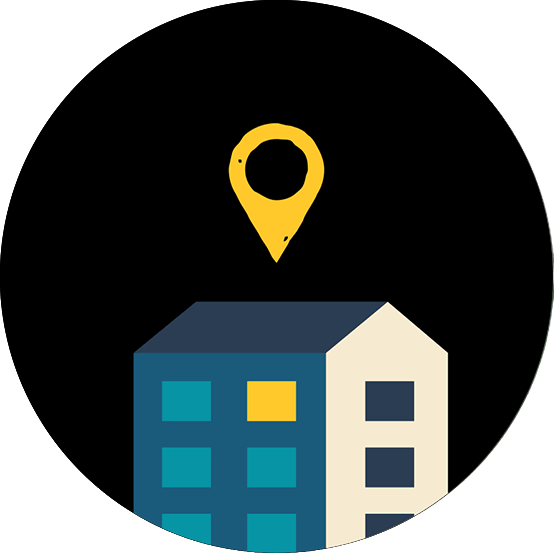Profile

Destined 4 Dignity ABA Organization

Since COVID-19, individuals with ASD have seen an increase in critical needs including increases in maladaptive behaviors and decreases in functional communication. Some maladaptive behaviors consist of aggression, self-injury, and excessive…
Since COVID-19, individuals with ASD have seen an increase in critical needs including increases in maladaptive behaviors and decreases in functional communication. Some maladaptive behaviors consist of aggression, self-injury, and excessive self-stimulatory behaviors. Many individuals with ASD are now experiencing heightened levels of emotional distress because of the social isolation resulting from COVID-19. Anxiety levels have also increased due to the sudden and drastic change in the daily routine and schedule for each individual.
In order to address the critical needs of the population we serve, the Board Certified Behavior Analyst (BCBA) for our organization offers free ABA treatment consultation for caregivers. ABA is the evidence-based medical treatment for individuals with ASD. Treatment ranges from a strictly consultative program to limited direct services for evaluative or training purposes. Caregiver involvement and training are important components for ensuring the full benefits of treatment. Each treatment consultation is individualized to the needs of each individual. Treatment is determined by the results of a pre-treatment survey aimed at identifying the function, frequency, duration, and severity of the presenting aberrant behaviors.
The outcomes from the pre-treatment survey and intake interview allow our BCBA to provide our consumers with measurable goals. Measurable goals are written to address the effective management and decrease of one or two maladaptive behaviors, while simultaneously teaching and increasing each individual's ability to functionally communicate, socialize, and complete various adaptive living skills. Data is collected during each treatment consultation in order to determine progress in relation to meeting the previously set goal. Mastery criteria for each goal is based on the caregiver, or individual with ASD, exhibiting the measured objective with 80-100% independence across two treatment consultations. Upon the conclusion of treatment, post-treatment outcomes are assessed by analyzing the participant's responses from a virtual survey.

Amenaghawon Ahmad
Our Story
Coming soon.